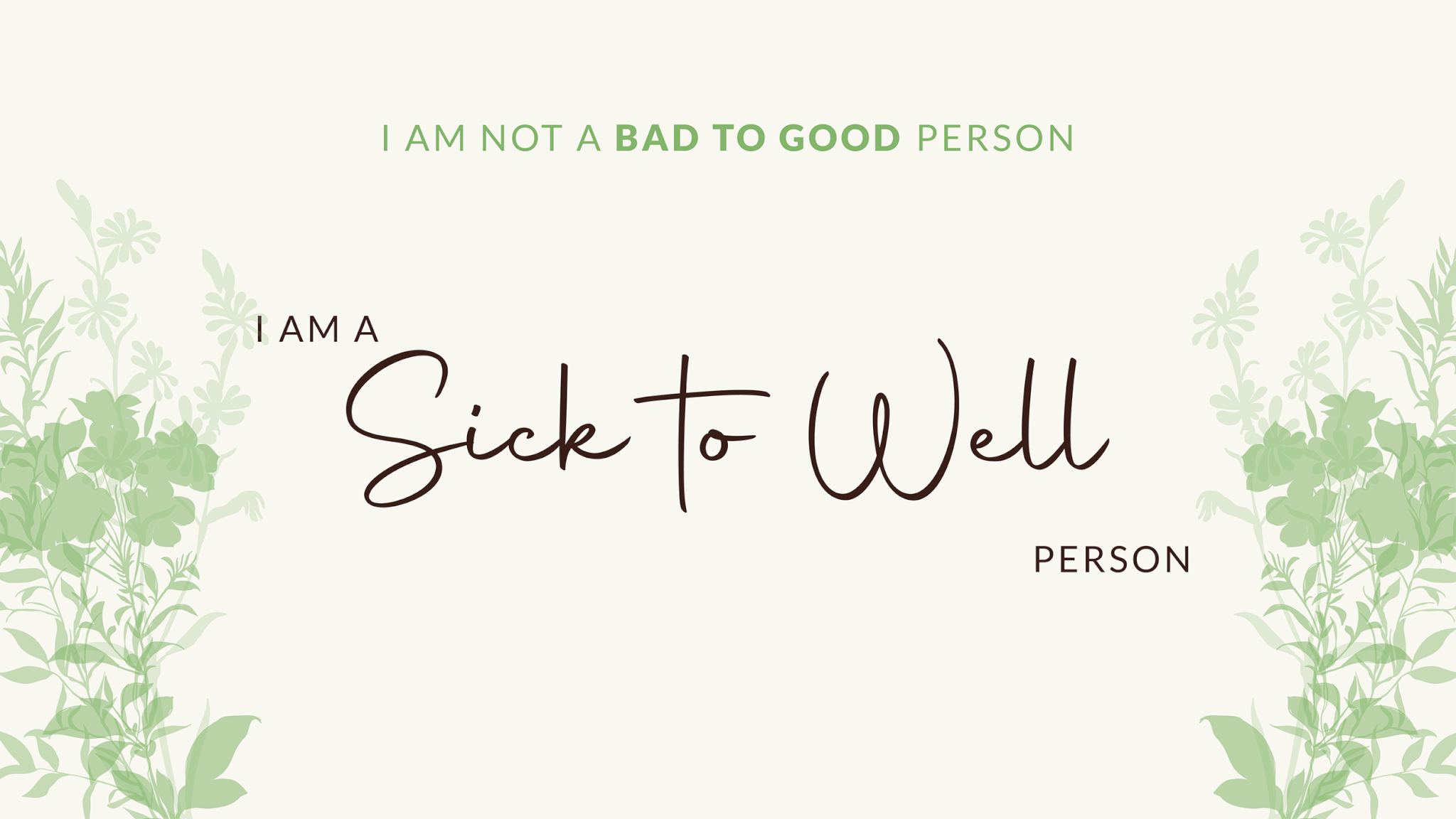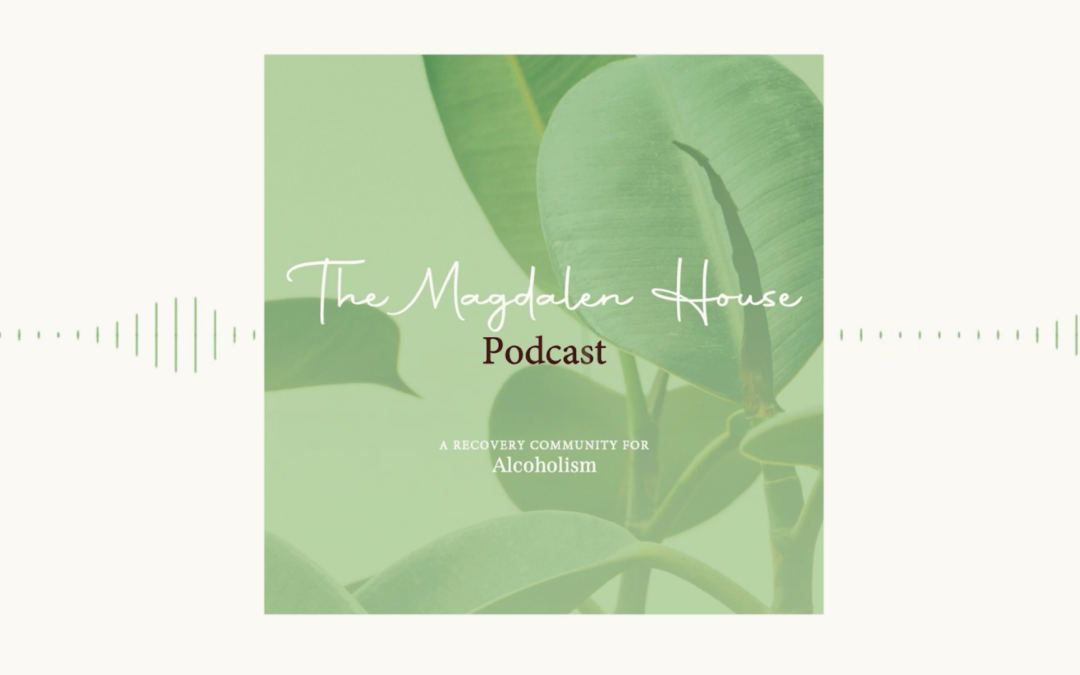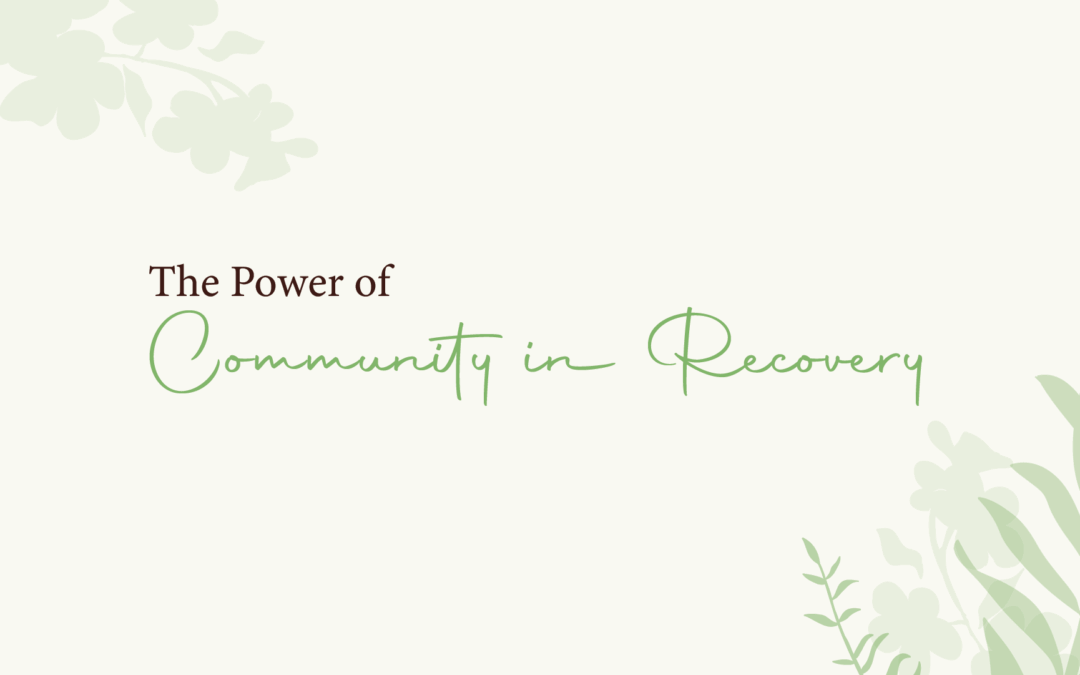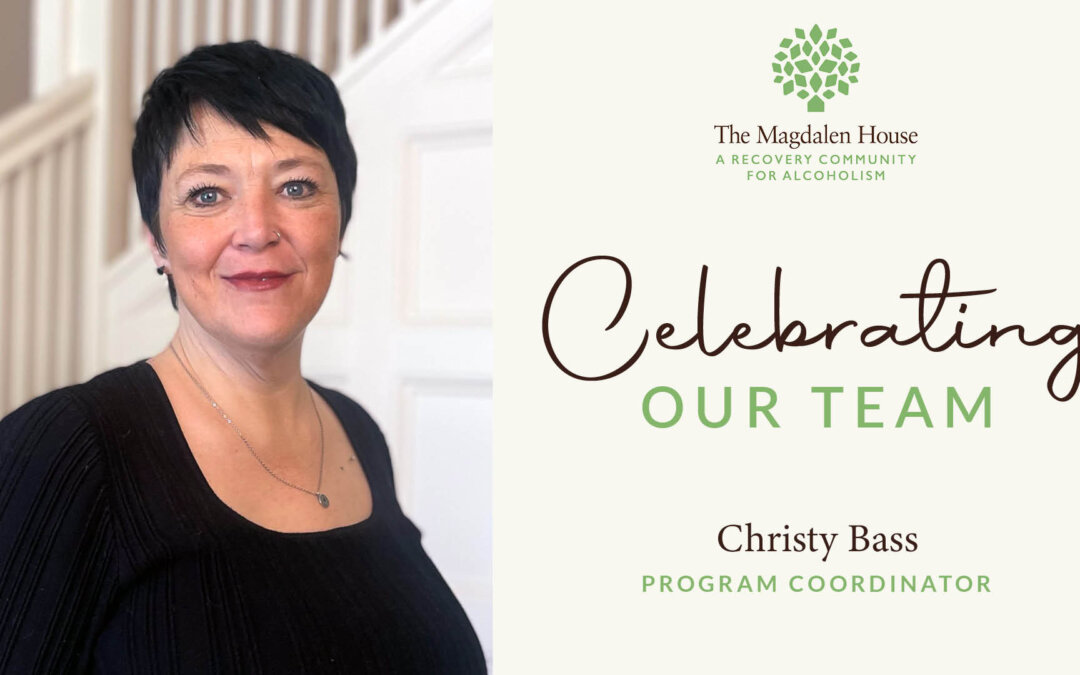By Lisa Kroencke, CEO
Are alcoholics who have recovered bad people transforming into good people or sick people who get well?
I could answer that question better if I knew precisely how you define a bad person; everyone has differing views on the definition. But what I do know is that alcoholism affects one in eight people, a cross-section of all demographics, and I am pretty sure some “bad” people find themselves in the middle of alcoholic torture. And maybe the solution and subsequent recovery will help them to become better people? I hope so; I have seen transformations that are complete miracles. Friends I have met in recovery are some of the most beautiful people I know and make my life better because they are in it.
Alcoholism is misunderstood by people that are not affected by it and by alcoholics that do not understand the disease. And this is a dangerous place to be for many reasons. It’s natural for society to fear what they don’t understand and to label someone bad because of their behavior- behavior that is seen as lazy, violent, harmful, and irresponsible to name a few. People may think that all those affected alcoholism or addiction should be ashamed, are criminals, or have caused harm on purpose – i.e. are bad people. These behaviors associated with alcoholism are bad, yes, but alcoholism isn’t what makes them a bad person, but rather a person affected by a disease of the mind and body.
These behaviors associated with alcoholism are bad, yes, but alcoholism isn’t what makes them a bad person, but rather a person affected by a disease of the mind and body.
My behavior was despicable while actively drinking; it was self-centered, dishonest, and caused harm to others. When my family and community pushed me away and let me know they wouldn’t support me anymore, I took responsibility for my illness and recovered.
I remain an alcoholic today, and even in sobriety, I sometimes do thoughtless, selfish things and make many mistakes. The difference is that today I am able to remember what I do, think more about what I do, and have a tool kit to help make better choices for how I act and repair the damage caused.
However, I remain an alcoholic today, and even in sobriety, I sometimes do thoughtless, selfish things and make many mistakes. The difference is that today I am able to remember what I do, think more about what I do, and have a tool kit to help make better choices for how I act and repair the damage caused. This is the process of getting well, of transforming from sick behavior, not destructive, to a life of recovery filled with great moments and moments where I can always learn how to be a “better” person.
If you are thinking you may be an alcoholic and are wondering if that makes you a bad person, the clear-cut answer is no! Alcoholism is a disease that controls the mind and the body. I urge you to not let the negative stigmas that are associated with the disease keep you from seeking help; I know I wouldn’t be alive today if I had let them hold me back. Despite that, and whether you’re an alcoholic or not, your responsibility is still to make your wrongs right again. This takes honesty, hard work, and determination, but the result will transform your life into the person you were always meant to be.
The sooner we replace fears and misconceptions with understanding, the easier it will be for alcoholics to get the help they need.
The stigma surrounding is not true and education is the key, so those affected will be willing to ask for help. The sooner we replace fears and misconceptions with understanding, the easier it will be for alcoholics to get the help they need. A transformation of sick people to people who lead healthy lives, not bad people becoming good!






